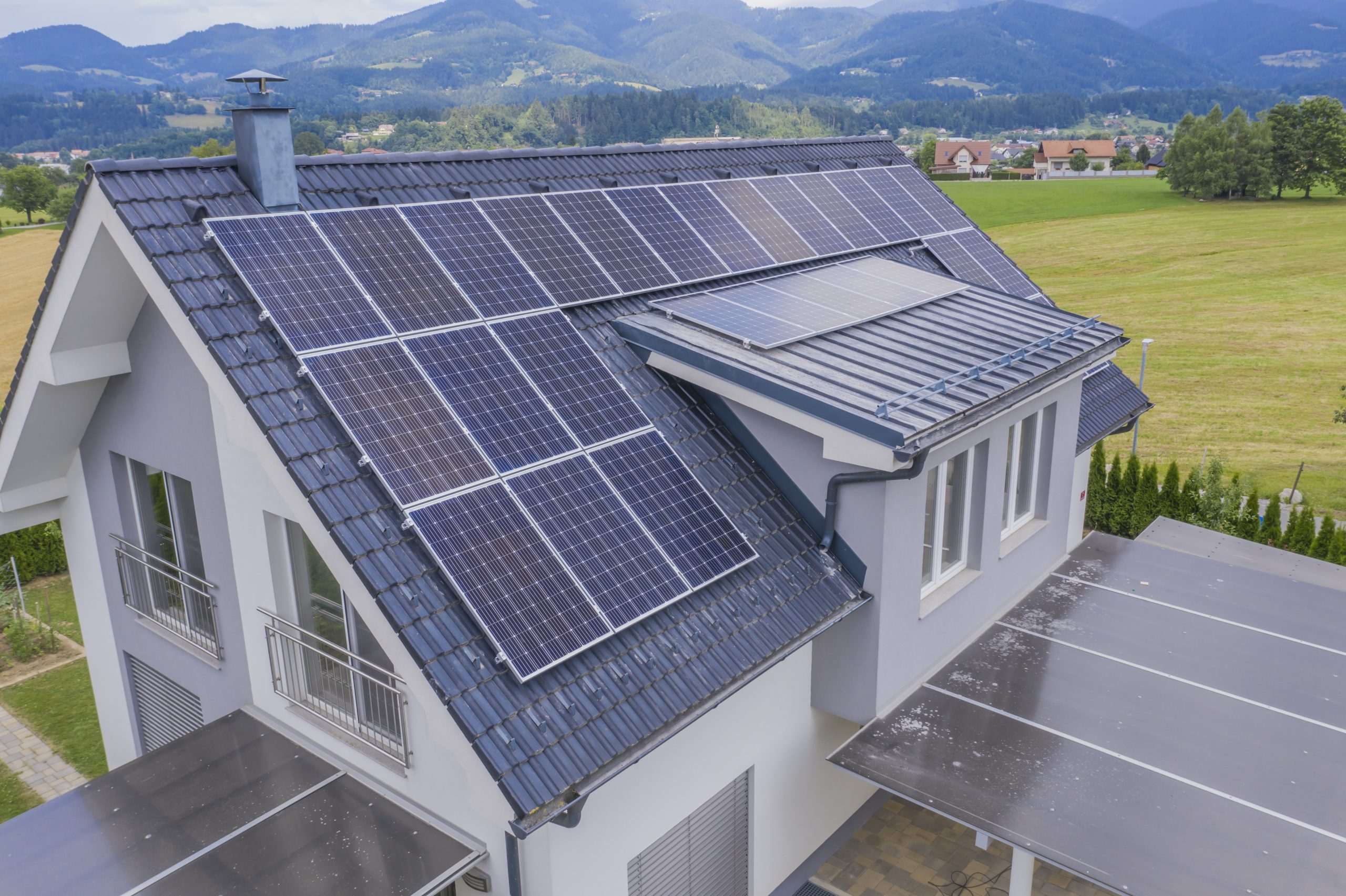
Image by wirestock on Freepik
If your home and financial situation are a good match for solar, it can be an excellent long-term investment. The financial advantages include reduced electricity bills, the federal solar investment tax credit, and net metering that allows you to sell excess energy back to your utility company. But before investing in solar panels, it is best to learn more about the costs and benefits.
Costs
The initial cost of solar panels can be an obstacle to many homeowners, but as technology improves, prices have fallen. Solar panels can save you money and even increase your property value. Whether they’re worth it depends on your current financial situation, future energy costs, and the time you plan to live in your home. When calculating your potential savings, consider all upfront costs and incentives, including rebates, tax credits, and loan fees. Also, factor in any power purchase agreements or leases you may have signed, which can significantly alter your payback period. Your local electricity rates, the sun your roof receives, and how much you save through net metering can also affect your returns. Your investment could take several years to pay off, but you’ll continue saving on energy bills once it does.
Additionally, solar energy is available even during a blackout, making it one of the most environmentally friendly forms of energy. Unlike wind and hydroelectric power, which require vast amounts of space, solar is a versatile and scalable energy source that can be used in almost any climate. The energy it produces is also relatively clean, unlike fossil fuels.
Energy Savings
Investing in solar panels allows homeowners to produce electricity and reduce their dependence on grid power, lowering their energy bills. These savings can add up over time to a significant return on investment. Solar energy also helps reduce carbon emissions and pollution, enhancing the environment. Considering your current financial situation before investing in solar panels, including how much money you pay on monthly electricity costs, is essential. A typical home solar system will pay for itself in about ten years and provide decades of free electricity afterward. Other factors, such as local electricity rates, total system cost, and whether you pay up-front or take out a loan, can also affect your solar energy payback period. In addition to federal tax credits, many states and utilities have policies that boost solar customers’ investment returns. For example, net metering allows utility companies to credit ratepayers for the excess electricity their systems send back into the grid. This can help speed up the payback period of a residential solar energy system. As with real estate and 401(k) investments, there is no guarantee that a home solar system will yield high returns. However, the industry is relatively new and a viable renewable energy source, so it will likely remain profitable in the long term.
Environmental Benefits
Solar panels have become a necessary solution to reduce our dependency on fossil fuels, which are becoming scarce and expensive. Since solar panels are powered by the sun, they are fueled by a free and limitless resource. In addition to being an excellent source of renewable energy, they also help to reduce air pollution and greenhouse gas emissions, which is beneficial for humans, animals, and ecosystems. The environmental benefits of solar energy are numerous and varied, ranging from reducing your energy bills to helping the environment. This makes solar power a rewarding investment for homeowners and businesses alike. Investing in solar systems can save you an average of 50-100% on your electricity costs, resulting in significant energy savings.
Moreover, solar systems have an average lifespan of 25 years, which makes them a wise investment for any homeowner, especially those living in states with high electricity rates. Additionally, the solar industry creates employment opportunities, and investing in this sector can be done through stocks, ETFs, and index funds focusing on solar companies. Accredited investors can also directly invest in private businesses that produce and utilize solar power. With the world’s focus shifting towards sustainability, demonstrating your company’s commitment to green practices is good ethics and can increase your marketability to potential customers. Therefore, investing in solar power is not just a financial investment but also an investment in the future of our planet.
Long-Term Investment
Solar panels are an excellent long-term investment, offering steady returns and a 25-year performance guarantee. However, they are not for everyone. The cost of solar depends on local electricity rates, total system cost, and whether you pay upfront or take out a loan. In addition, changing compensation patterns with your utility can affect the return on solar. Those who invest in solar will also benefit from energy savings and improved home values. A found that homes with solar energy systems sell for 4.1% more than those without them, and homeowners reap the property tax benefits of this added value. The other major benefit of solar investing is the potential for significant returns on investment. While the solar industry is relatively young, it has increased and offers numerous opportunities for investors who can find the right niche. There are several ways to invest in the sector, including investing directly in public companies or through ETFs and index funds specializing in solar technology. In addition, private businesses that produce solar power are another option. However, these are typically more difficult to access for investors and require status as an accredited investor or significant capital to invest in. Nevertheless, some private firms have played an essential role in driving innovation and reshaping the energy landscape, making them worth consideration for any investor interested in renewables.

